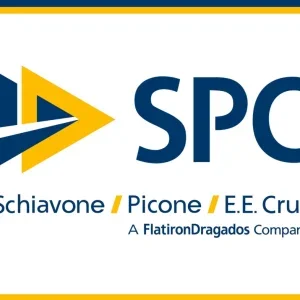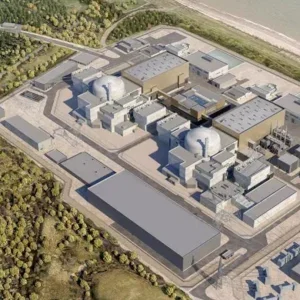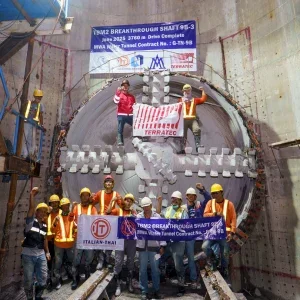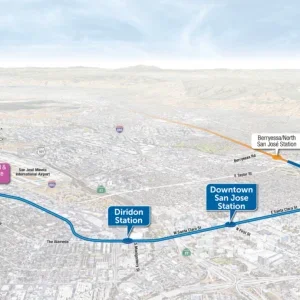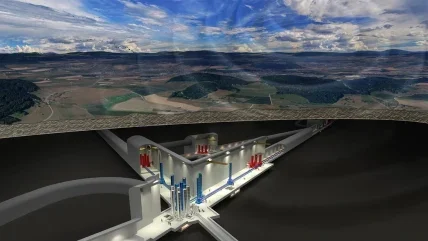
The Einstein Telescope will be Europe’s most advanced observatory for gravitational waves. TEC, in conjunction with the Swiss partners Amberg, Lombardi and the Belgian Tractebel, will study whether the soil of the Meuse-Rhine Euregio is suitable to house the facility.
The Einstein Telescope will have a triangle of three vacuum corridors, each 10km long, at 250-300m below the Earth’s surface. There, sensitive lasers and vibration-free suspended mirrors will continuously measure gravitational waves.
The telescope will detect a thousand times more gravitational waves than its predecessors. By measuring those ripples in spacetime, scientists aim to hear black holes collide and gain knowledge about the early universe, just after the Big Bang.
The location in the border area of the Netherlands, Belgium and Germany was selected because the soft topsoil blocks vibrations caused by human activity at the surface, allowing the underground observatory to take measurements undisturbed.
The area is also a technology centre, with universities and a network of hi-tech companies with expertise in the precision technology needed.
Among other things, TEC investigates the suitability of the subsoil, the best position of the three points of the triangle and all the technical challenges involved in building tunnels at depth.
“Tunnels are our DNA at TEC,” said TEC management director Hans de Wit, “and we are well-known as global market leaders in tunnel engineering and design. “We’re delighted to bring our expertise to assess the feasibility of this location for the iconic Einstein Telescope.”
The three countries will decide at cabinet level whether to apply as a possible site. Sardinia is also interested in hosting the Einstein Telescope. The final choice of location is expected to be made at European level in 2025/2026.



